OF THE
TIMES
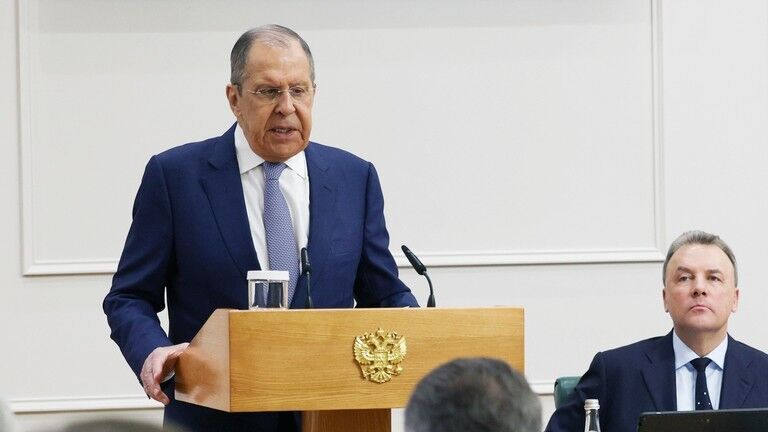
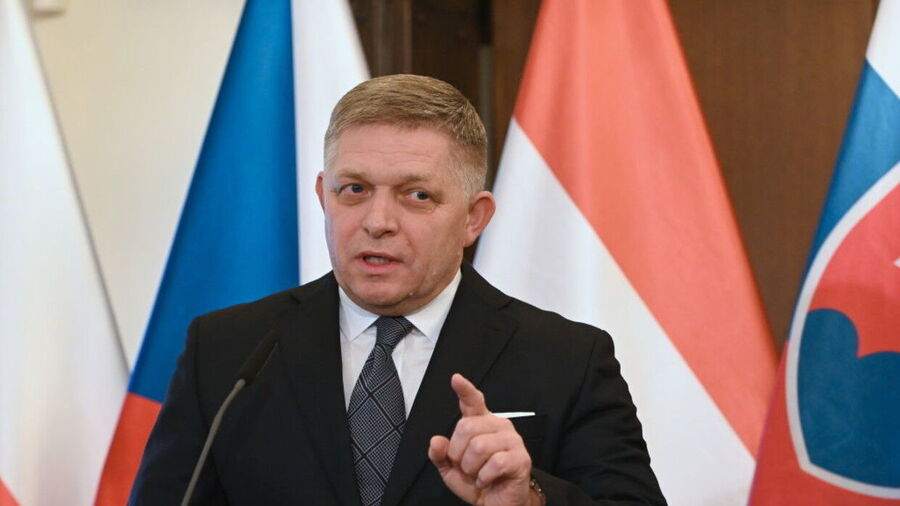
15 May, 2024 15:50See also:
Slovak PM Robert Fico: Noted critic of Western approach to Ukraine conflict
The shots targeting the premier were also aimed at Russian-Slovak relations, a Moscow lawmaker has said
Robert Fico's third term as prime minister of Slovakia has put him squarely at odds with both the European Union and NATO on the matter of the conflict between Russia and Ukraine. RT takes a look at the Slovak leader's stance, and why it has drawn the ire of Brussels.
The Slovak prime minister was shot on Wednesday, during a visit to the town of Handlova, and was rushed to the hospital for surgery in serious condition. His attacker has been arrested and identified in media reports as Juraj Cintula, 71, a poet and supporter of the opposition Progressive Slovakia party. Cintula told police he shot Fico because he "disagreed" with his government's policies.
"This is not only a shot at Fico and Slovakia, but also at Russian-Slovak relations," Russian lawmaker Konstantin Zatulin said in reaction to the news.
"Fico knew very well that the majority of Slovaks, at least half, sympathize with Russia, despite the campaign of deception that rules the roost in Europe," Zatulin added, noting that the Slovak PM had been "subjected to endless extortion and threats" from the EU over his political positions that ran counter to those of Brussels.
[...]
Earlier this month, Fico pushed back on talk by French President Emmanuel Macron about possibly sending NATO troops to help Kiev's war effort, saying this would bring the world to the brink of a third world war.
"Slovakia has nothing to do with the war in Ukraine, and let me send a clear message to the whole of Slovakia: Whoever might ask us, no Slovak soldier will set foot beyond the Slovak-Ukrainian border," Fico told the parliament in Bratislava.
Just a few days later, EU foreign policy chief Josep Borrell lamented that "not everybody in the EU" agreed with his assertion that Russia is an existential threat to the bloc, and that some members considered Moscow "a good friend." While he did not name any names, both Fico and Hungarian PM Viktor Orban have dissented from Brussels on the matter of Ukraine, and have sought to maintain relations with Russia.
During his first term as PM, Fico sought to improve relations with Moscow, citing Russia's support for the Slovakian national awakening in the 1850s. He criticized the 2014 EU sanctions on Russia as "senseless" and harmful to Slovakia's economy. He has said the same about the expanded sanctions imposed since February 2022.
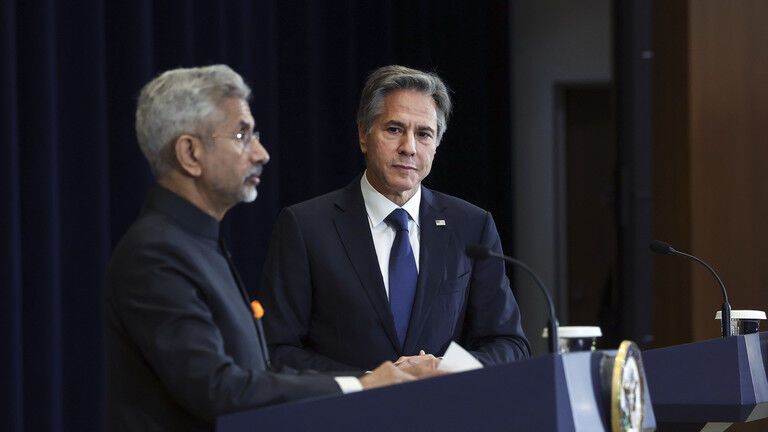
13 May, 2024 13:17In this article, Interview: Join hands for future success of Russia-China partnership, says Putin there are quotes from a written interview with Vladimir Putin that explains how the BRICS approach to business is different from the approach of the US which aims a hegemony, or can we say preserving it, rather than multipolarity.
India and Iran sign long-term port deal
South Asian nation will operate Iran's strategic Chabahar Port on the Gulf of Oman, connecting it with Central Asia and Russia
[...]
According to the contract, state-run India Global Ports Limited (IGPL) will assume operations of general cargo and container terminals at one of Chabahar's two facilities, the Shahid Beheshti port. This one lies to the west of Iran's border with Pakistan and not far from that country's port of Gwadar, used as a hub in China's Belt and Road Initiative.
By inking the long-term deal, which comes after three years of negotiations, New Delhi effectively counterbalances China's presence in the region, reports suggest. It has also offered Tehran a rupee-denominated credit line equivalent to $250 million for infrastructure projects related to the port's development.
[...]
Chabahar is also seen as a gateway for unlocking India's trade potential with Central Asia, Russia and European countries. The port is a part of the INSTC multi-modal, north-south trade route linking the Indian Ocean and the Persian Gulf to the Caspian Sea via Iran and Azerbaijan, and on to northern Europe.
This trade corridor originates in Mumbai and passes through Bandar Abbas, Bandar-e-Anzali, and Chabahar, then crosses the Caspian Sea to reach Astrakhan in southern Russia, linking Moscow and St Petersburg via rail and road connections. Data shows that the INSTC is projected to reduce transit times by 40%, shortening average trips from 45-60 days to 25-30 days. It is also likely to decrease freight costs by 30% and to emerge as a commercially viable alternative to the Suez Canal trade link between Asia and Europe.
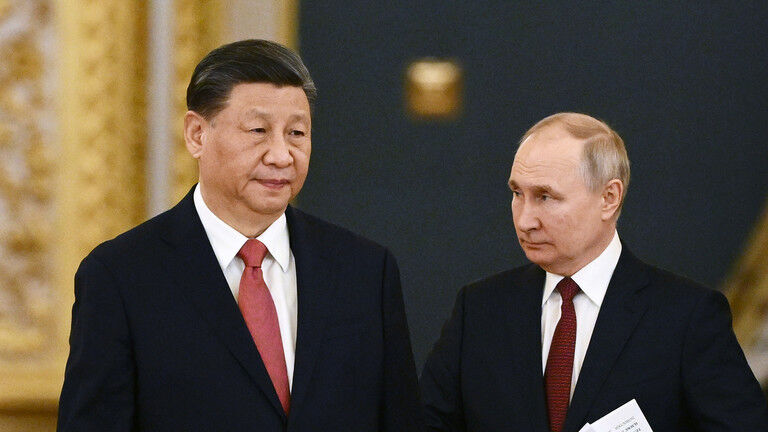
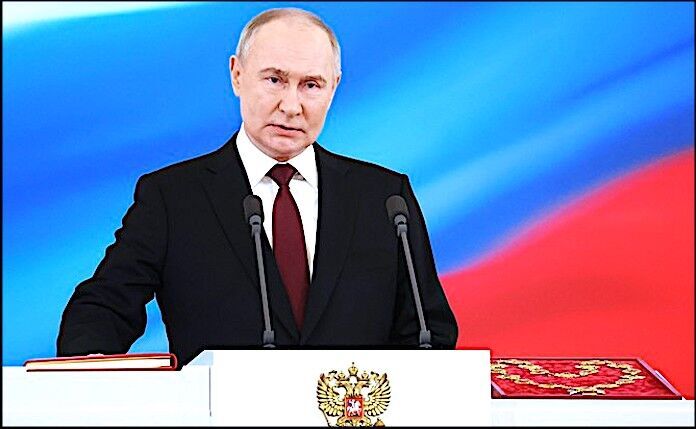
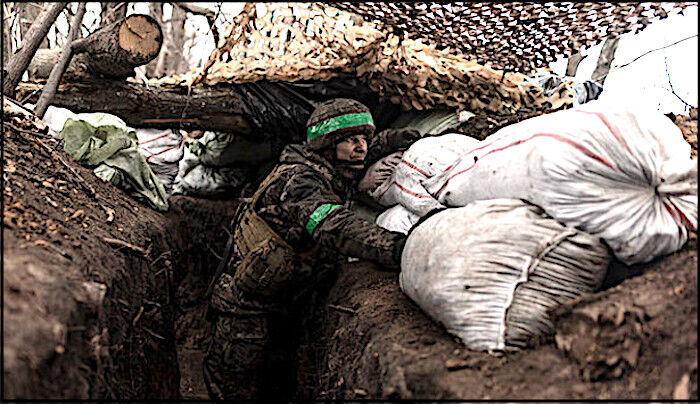

"Russia may well take advantage of this uncertainty and move forward on the front line. Because of this, we in Europe have decided to significantly increase our subsidies in terms of weapons and ammunition for Ukraine."According to Breton, the EU is now on track to be producing 2 million shells, including 155mm caliber, per year for Ukraine. He said:
"It is fair to say the EU has moved into a war economy at least in terms of shell production. Now the challenge is for us to move into a war economy in all segments of the European defense industry."
Comment: The news keep coming fast and furious: